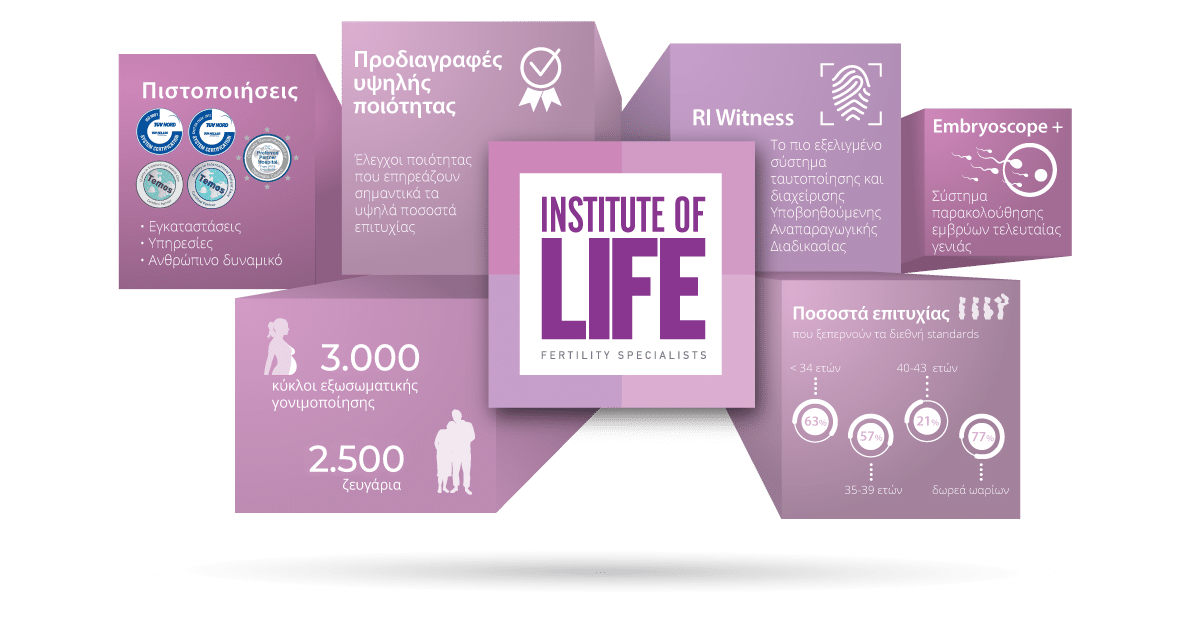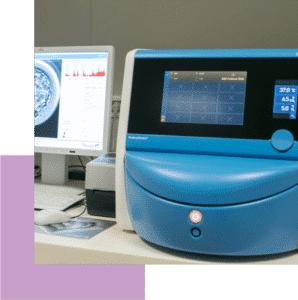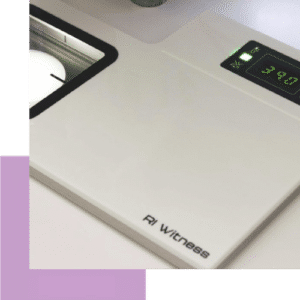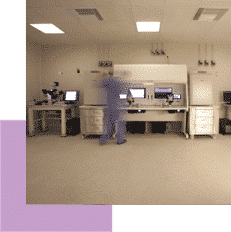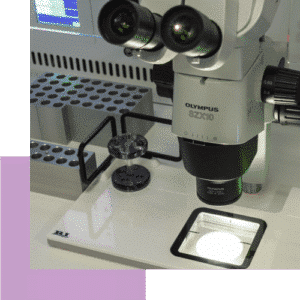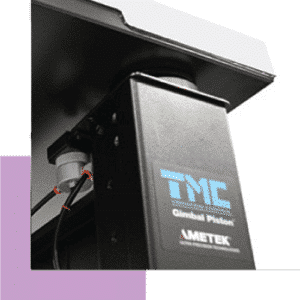Embryoscope Plus
During IVF, monitoring and evaluating the developing embryos forms an integral part of lab practice.
This procedure includes the interruption of the incubation conditions at regular intervals, i.e. removing the embryos from the incubator and observing them under the microscope.
However, using time-lapse technology (EmbryoScope Plus) and watching the development of preimplantation embryos on video, the Institute of Life Assisted Reproduction Unit is able to evaluate ands select the most suitable embryos, without having to observe them under the microscope and disrupting their incubation conditions.
In addition, based on logarithmic analysis of their morphokinetic parameters, we select the most suitable embryos, which have the highest implantation potential.
RI Witness System
RI Witness is a management and electronic witnessing system that records and tracks all lab and clinical procedures. This means that it operates as an online safeguard, as the samples collected from couples are tracked throughout the assisted reproduction process, eliminating the chance of human error. The RI Witness system increases the sense of security felt by couples who place their trust in us through every step of their treatment.
Advanced Air Filtering (HVAC)
The Institute of Life Embryology Lab was established in accordance with the highest international standards, focusing on the air cleanliness of the lab. Being fully aware of how important the incubation conditions must be and how sensitive embryos are in coping with chemical air contaminants, we have developed a very advanced control system.
The filtering system consists of a state-of-the-art HVAC unit, with a four-stage filtration system of incoming air (pre-filters, bag filters, HEPA-ULPA, potassium permanganate). It ensures complete isolation of the lab environment via positive air pressure and gives embryologists the ability to culture embryos unimpeded, up to the blastocyst stage, with high success rates.
Olympus – SLICSI και PolarAIDE polscope microscopy
Microfertilization is probably the most important embryology technique, as it gives couples with significant male factor infertility the opportunity to achieve their goal. It is a very fine procedure that requires specific maneuvers and equipment, so as to eliminate the risk of injury to the eggs. The Olympus SLICSI system consists of a complex polarized light lens mechanism, which allows us to clearly detect the egg spindle (DNA spindle) during microfertilization. It minimizes the risk of injury when introducing the sperm to the interior of the egg. In addition, the SLICSI system allows us to use larger magnification in the microscope, so as to select morphologically smoother sperm.
Hydraulic antivibration tables – TMC
Each piece of equipment in an embryology lab is very important, as it allows embryologists to perform fine movements at cellular level. Microfertilization, embryo biopsy and blastocysts are performed using inverted microscopes equipped with special micromanipulators. These processes require extreme stability and complete absence of vibrations, which is achieved with the use of anti-vibration tables. The Institute of Life was the first unit in Greece to use hydraulic anti-vibration tables by US manufacturer TMC.



